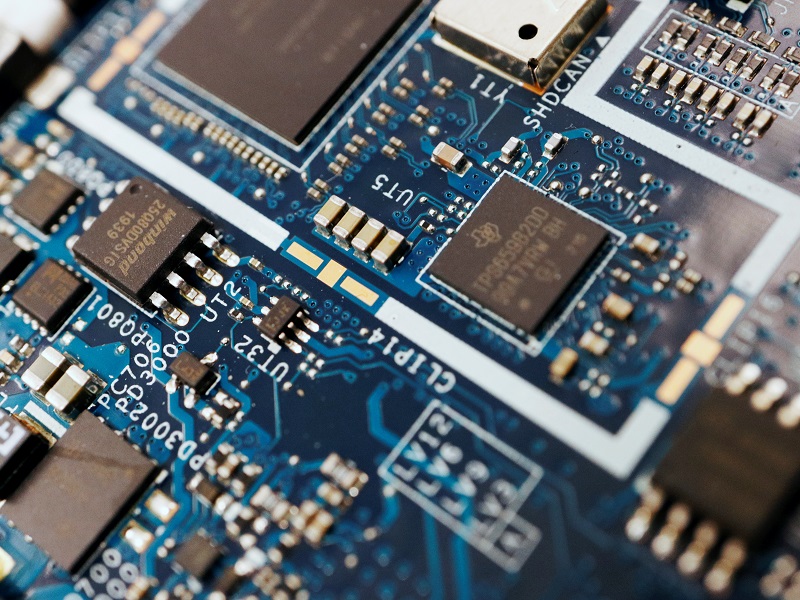The United States has ordered a broad swathe of companies to stop shipping goods to China without a license and revoked licenses already granted to certain suppliers, said three people familiar with the matter.
The new restrictions – which are likely to escalate tensions with Beijing – appear aimed at choke points to prevent China from getting products necessary for key sectors, one of the people said.
Products affected include design software and chemicals for semiconductors, butane and ethane, machine tools, and aviation equipment, the people said.
Many companies received letters from the US Department of Commerce over the last few days informing them of the new restrictions.

Firms that supply electronic design automation (EDA) software for semiconductors were sent letters last Friday that licences would now be needed to ship to Chinese customers, two of the sources said.
The electronic design automation software makers include Cadence, Synopsys and Siemens EDA.
The two sources said the Commerce Department will review requests for licenses to ship to China on a case-by-case basis, suggesting the action was not an outright ban.
It is unclear whether the new restrictions are part of a broader strategy to create leverage for trade talks during a pause in the imposition of higher tariffs.
The Commerce department said it is reviewing exports of strategic significance to China, while noting “in some cases, Commerce has suspended existing export licenses or imposed additional license requirements while the review is pending.”
The White House did not immediately respond to a request for comment.
Shares of Cadence, which declined to comment, closed down 10.7 per cent and shares of Synopsys fell 9.6 per cent.
Synopsys’ chief executive Sassine Ghazi said in a call with analysts that the company had not received a letter nor had it heard from the Commerce department’s Bureau of Industry and Security, which enforces export controls.
“We are aware of the reporting and speculations, but Synopsys has not received a notice from BIS … We have not received a letter,” Ghazi said.
After the market closed, Synopsys reaffirmed its revenue forecast for 2025. Its shares and those of Cadence bounced back 3.5 per cent in trading after the close.
Siemens EDA did not immediately respond to a request for comment.
Any move to strip the software makers of their Chinese customers could deal a blow to their bottom line and to their Chinese chip design customers, which heavily rely on top-of-the-line US software.
“They are the true choke point,” said a former Commerce department official, who added that rules restricting the export of EDA tools to China have been under consideration since the first Trump administration, but were ruled out as too aggressive.
Synopsys relies on China for about 16 per cent of its annual revenue, and China accounts for about 12 per cent of annual revenue for Cadence.
Synopsys, which partners with chip companies such as Nvidia, Qualcomm and Intel, provides software and hardware used for designing advanced processors.
The Financial Times earlier reported that the Trump administration had ordered the software firms to stop selling their services to Chinese groups.
Do you know more? Contact James Riley via Email.
